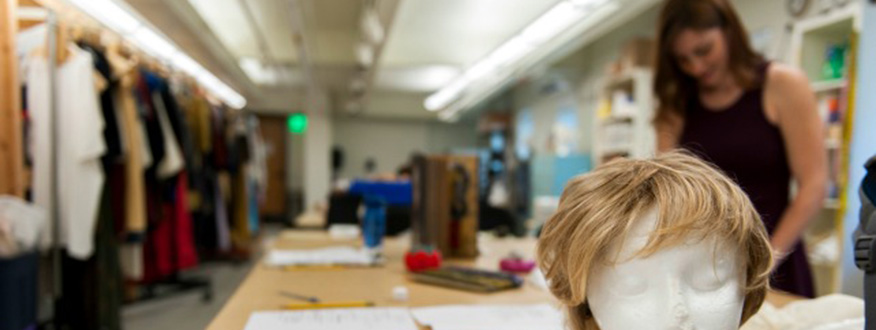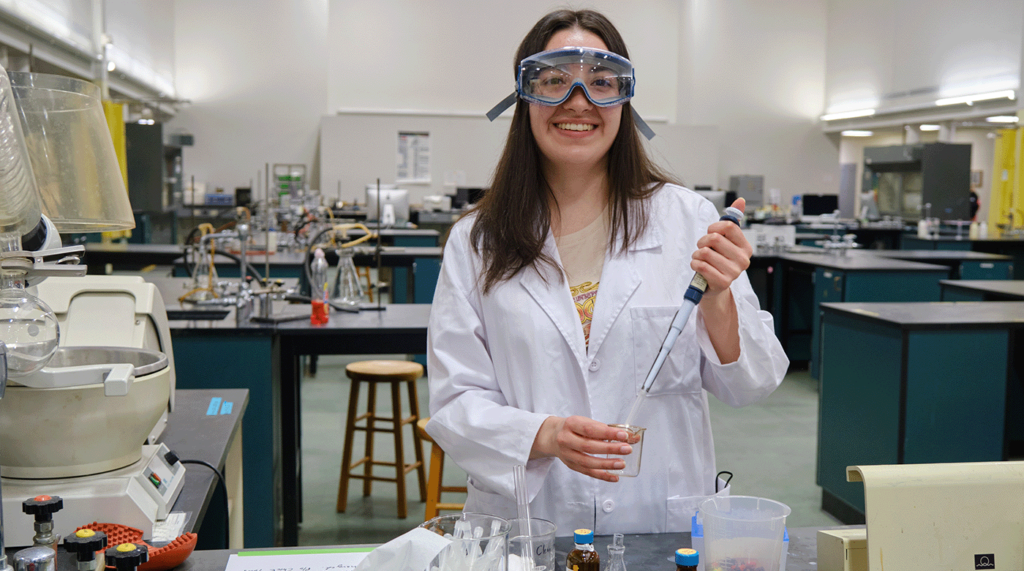Page 984 • (12,724 results in 0.036 seconds)
-
Frequently Asked QuestionsWhat are the average GPA and GRE scores for admitted students for the ELMSN pathway?Average Cum. GPA: 3.4-3.6 Average Prerequisite GPA: 3.5-4.0 Please note: The GRE is now optional Average GREs of admitted students before GRE requirement change: Verbal: 155 (145-165) Quantitative: 153 (145-161) Analytical Writing: 4.5 (3.5-5.5) What are the grade and timeline requirements for the prerequisite courses?Minimum grade of 3.0/‘B’ in each course: Human Anatomy & Physiology I
-
Procedures of Assessing Different Kinds of Significant Learning: Some Possibilities Printable pdfLearning How to LearnCaringHuman DimensionIntegrationApplicationFoundational KnowledgeLearning How to LearnThis learning is focused on preparing students to continue learning about a particular topic or subject after the course is over and even after they finish college. Possible Assessment Procedures: Learning Assignments: Assign students to learn something new on their own; In an essay, they
-
following are an area of interest: Biology, Business, Chemistry, Computer Science/Computer Engineering, Engineering Dual Degree Program, Math, Music, Nursing, or Physics. General Education at PLU The PLU Core First-Year Experience Program FYEP 101: Thematic Writing Seminar FYEP 102: Discipline-Based DJS Seminar PLUS 100: Transitions to PLU January Term Residency The Academic Study of Religion Fitness and Wellness Global Engagement The Distributive Core: Ways of Being and Knowing Students take one course
-
to seek out some of the cool extras on their own.” Tina has started using video projects to allow students to research and present on special topics of interest in her course. What is one instructional strategy or student project that is particularly effective, innovative, or engaging?“I almost always assign a special project that allows the students to take what they have been learning in class and apply it by exploring a current topic that interests them personally. It is easy to think of
-

the world again,” Anderson says. “Having natural light is so much better. Sometimes I’ll take a break and just look out the windows at the view of the trees.” Now, rectangles of sunlight illuminate sewing machines, mannequins and labeled racks of tailored costumes as students pull needles through, or stand still while Anderson (right) tracks yellow measuring tape around an arm or a waist. The costume shop also has noted a rise in efficiency in the new space, in part due to Anderson’s involvement
-

and they really enjoyed it too,” Ramirez said. “ Since then, I had it in the back of my head that I maybe wanted to do something like that, to help people” At first, Ramirez wanted to be a doctor, but admits that idea quickly changed after taking a chemistry class during J-Term from professor Dr. Andrea Munro. “I originally came in thinking I wanted to do pre-med, so that’s why I went the natural sciences route,” she said. “But I changed my mind because I enjoyed the science part better than I
-
**New Curriculum Beginning Summer 2024**Clinical Nurse Leader (CNL) Track Fall SemesterGNUR 525: Theoretical Foundations (3) GNUR 541: Advanced Health Assessment & Health Promotion (3) GNUR 544: Advanced Nursing Management of Illness & Disease (4)3 credits 3 credits 4 credits January TermGNUR 523: Role of the Advanced Practice Nurse (2) GNUR 534: Informatics & Nursing Healthcare (2)2 credits 2 credits Spring TermGNUR 526: Leadership and Management (3) GNUR 527: Evaluations and Outcomes Research
-
Traditional Program Sequence / Curriculum:The Traditional BSN program is designed for students with no previous preparation in nursing. Under the direct supervision of its faculty members, the School of Nursing uses hospitals, health agencies and long-term care facilities in the community to provide optimal clinical learning experiences for students. Graduates are awarded the bachelor of science in nursing (BSN) degree and are prepared to take the NCLEX-RN examination for licensure as
-
the world again,” Anderson says. “Having natural light is so much better. Sometimes I’ll take a break and just look out the windows at the view of the trees.” Now, rectangles of sunlight illuminate sewing machines, mannequins and labeled racks of tailored costumes as students pull needles through, or stand still while Anderson (right) tracks yellow measuring tape around an arm or a waist. The costume shop also has noted a rise in efficiency in the new space, in part due to Anderson’s involvement
-
Urgent ResourcesIf you find yourself or someone else in a urgent medical or mental health situation, please do not hesitate to utilize the following resources: Call 911 for immediate assistance, or call Campus Safety (253-535-7911) for urgent issues on campus. They can assist with coordinating emergency services and/or coordinate urgent medical/mental health situations. PLU Crisis Line (253-535-7075) – If you want to talk with a counselor immediately, call (253) 535-7075 any time a day (24/7
Do you have any feedback for us? If so, feel free to use our Feedback Form.


